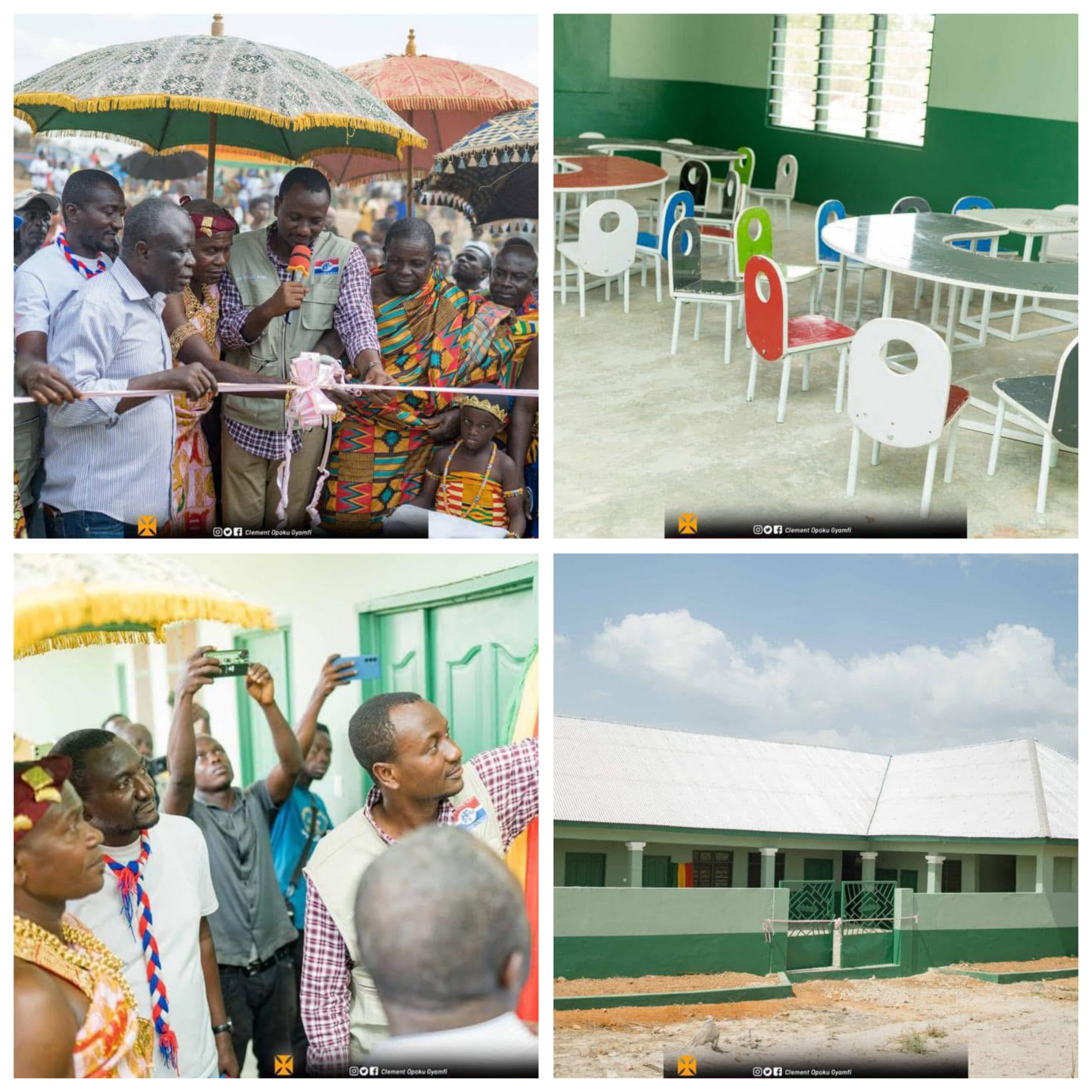GHANA @64: THE NEED FOR AN OPERATIONAL DEVELOPMENT PLAN NOT MANIFESTOS.


Ghana’s development without question is consistently inconsistent. As a developing country, our growth and development should be guided by a well established operational development plan. A national development plan is a set of guiding principles and policies as well as strategies for the overall growth and development of a country. It brings on board the developmental aims, objectives and methodologies to steer the country’s desired growth. However, the situation in Ghana is far fetched, and as a result, I write this literature.
Successive governments have largely been indecisive and exhibited sheer lack of political will to rightfully develop Ghana. For how long can we rely on the political parties’ manifestos to see the light of the day. The manifestos over the past 28-years have nothing good to write home about. It is time we brave the odds and take a paradigm shift. Article 35(7) of the 1992 constitution states that “as far as practicable, a government shall continue and execute projects and programmes commenced by previous government”, various administrations have failed in this regard. Despite the above constitutional provision, we experience the contrary. The unthinkable abandonment and neglect of state projects such as the over 40-year old maternity facility at Okomfo Anokye Teaching Hospital, Kumasi now has to be pulled down because of structural defect, the yet-to-be fully completed and operational affordable housing units began in September 2006 under the erstwhile Kuffour administration and the famous over 2,300 stores Krofrom market started in 2008 in the Kumasi metropolis. This is to mention a few of such facilities which would have been extremely beneficial to its citizenry. Our education sector has also suffered inconsistencies with the three or four year duration of students in the senior high schools.
Furthermore, a national development plan is non-negotiable. Many a country in Africa have made conscious efforts to run its growth by a development plan. South Africa’s development plan aims at “a plan for a better future; a future in which no person lives in poverty, where no one goes hungry, where there is work for all, a nation united in the vision of our constitution”. Undoubtedly, South Africa has developed tremendously. Other African countries with working development plans are Kenya, Tanzania etc…
The Asians provide a positive confirmation to the rightful implementation of development plans. While South Korea has and still developing superfluously with virtually no natural resources at their disposal, mother Ghana who is much endowed is still lagging behind. Ghana had her independence same year with South Korea in 1957.
Ghana made a significant effort to launch a 40-year development plan in August 2015 with the vision of achieving “a just, free and prosperous society by 2057” and in October, 2020 the National Development Planning Committee (NDPC) launched a long-term development plan dubbed “Ghana@100”, both have become a white elephant. One thing is clear as our development trajectory is inconsistent because ruling governments implement policies that are not sustainable.
In conclusion, I urge the legislative arm of government to as a matter of importance, pass a legislation that will subject successive governments to rule based on a national development plan. This will go a long way to safeguard our focus and direction to developing the desired Ghana.
Edward Adu-Bobi
(Executive Secretary, Save Ghana Foundation)
Email: edwardadubobi1@gmail.com
Source : choicenewsonline.com





